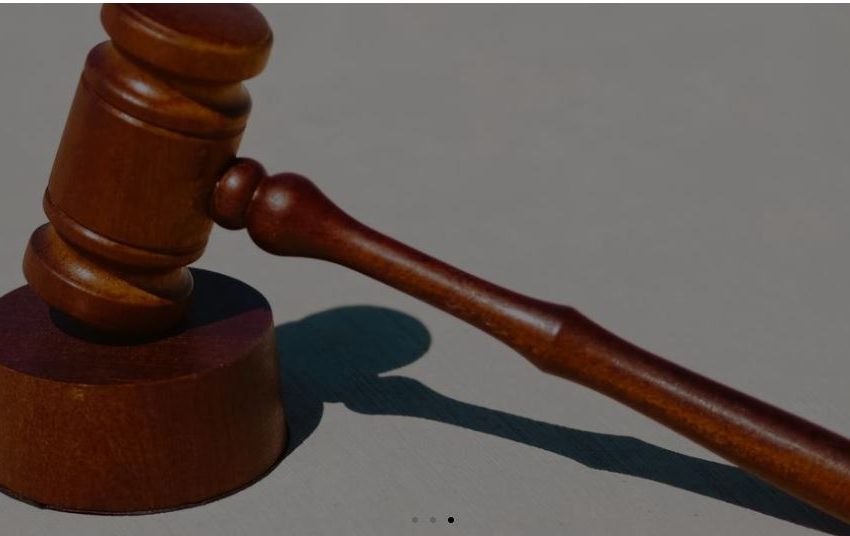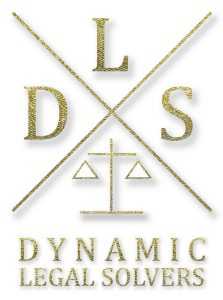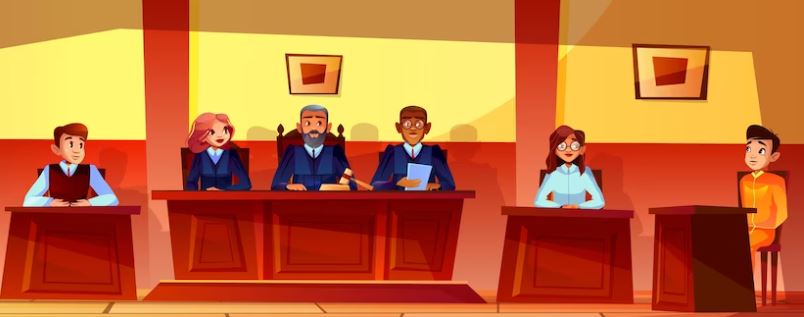
How To Become A Legal Videographer?
Legal videography is a specialized field that combines technology and legal proceedings to provide accurate and comprehensive visual records of courtroom proceedings. If you have a passion for both law and videography, becoming a certified legal videographer can be a rewarding career path. In this article, we will guide aspiring trial reporters in Orange County through the steps to become a certified legal videographer. Let’s explore the process in easy-to-understand language, shedding light on the key aspects of this profession.
Understand the Role of a Legal Videographer:
To embark on the path of becoming a certified legal videographer, it is essential to understand the responsibilities and requirements of the role. Legal videographers are responsible for recording depositions, court hearings, and other legal proceedings using professional video equipment. They must capture clear and accurate footage while adhering to legal and ethical guidelines. A legal videographer works closely with trial reporters, attorneys, and court personnel to ensure the integrity and reliability of the visual records.
Acquire the Necessary Skills and Knowledge:
Becoming a successful legal videographer requires a combination of technical expertise and legal understanding. Start by honing your videography skills, familiarizing yourself with professional video equipment, lighting techniques, and sound recording. Additionally, gaining knowledge of legal procedures, terminology, and courtroom etiquette will enhance your effectiveness as a legal videographer. Consider enrolling in relevant courses or workshops that offer specialized training in legal videography.
Invest in Quality Equipment:
To excel as a legal videographer, you need to invest in professional-grade equipment. High-definition cameras, microphones, lighting setups, and video editing software are essential tools of the trade. Ensure that your equipment meets industry standards and can capture clear audio and video in different courtroom settings. Familiarize yourself with the latest technology and stay updated on advancements in the field to deliver top-notch results.
Seek Certification:
While certification is not always mandatory, it significantly enhances your credibility and marketability as a legal videographer. Organizations such as the Certified Legal Videographer (CLVS) program offer certification exams that validate your proficiency in legal videography. These exams typically assess your knowledge of legal video procedures, equipment operation, and ethical considerations. Obtaining certification demonstrates your commitment to professionalism and positions you as a trusted expert in the field.
Gain Practical Experience:
To build your reputation as a legal videographer, practical experience is vital. Seek opportunities to work with trial reporters in Orange County, law firms, or legal video production companies. Offer your services as an assistant or intern to gain hands-on experience and learn from experienced professionals. Networking with trial reporters and attending legal industry events can also open doors to valuable opportunities and mentorship.
Conclusion:
Becoming a certified legal videographer requires a combination of technical skills, legal knowledge, and practical experience. By understanding the responsibilities of the role, acquiring the necessary skills and equipment, seeking certification, and gaining practical experience, you can pave the way for a successful career in this specialized field. Remember, the journey to becoming a legal videographer is a continuous process of learning and adapting to the evolving demands of the legal industry. With dedication, passion, and a commitment to professionalism, you can establish yourself as a respected legal videographer in Orange County and contribute to the accuracy and efficiency of legal proceedings.



Leave a Comment